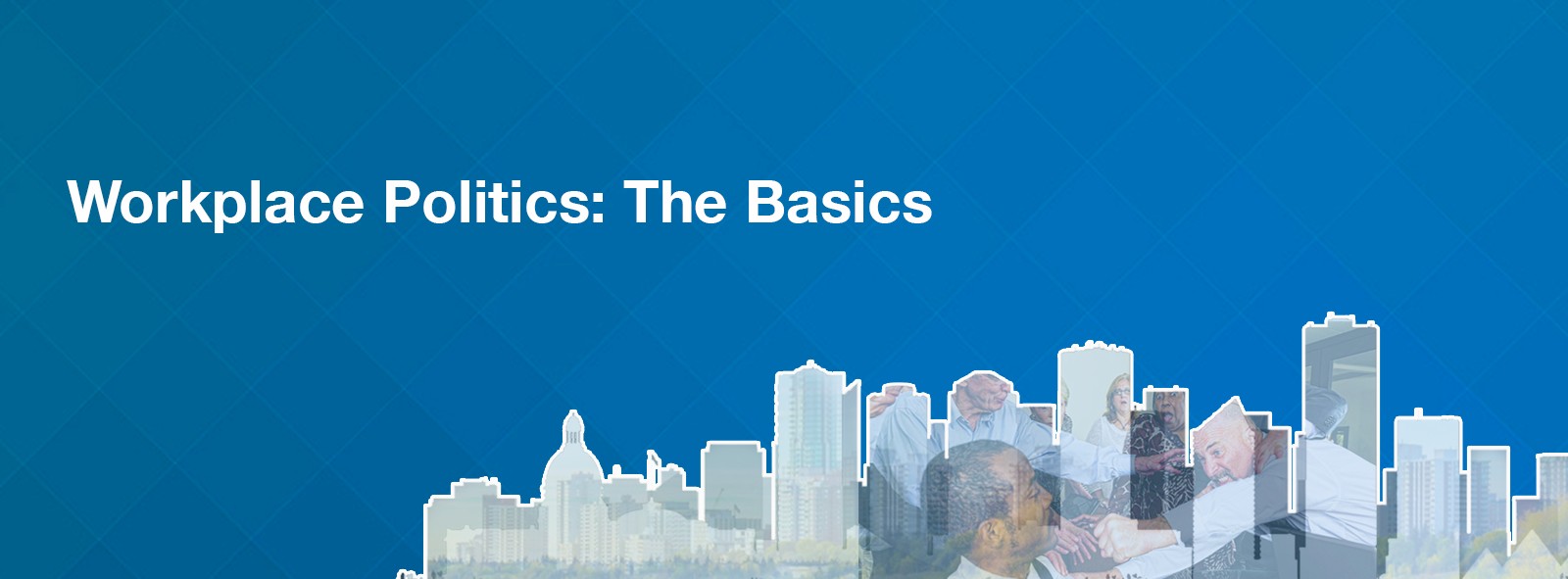Workplace politics is a part of life, and the more informed you are, the better prepared you will be to navigate the ocean of politics at your workplace. Especially as a newcomer to Canada, knowledge can prove to be powerful, helping you make informed decisions. Understanding workplace dynamics can enhance psychological safety in the workplace, making it easier to voice concerns and collaborate effectively. Read on to learn more about workplace politics.
What is Politics?
We have heard the term politics and we know the types of situations we can associate with that term, but it is not easy for us to define politics. Let’s try to find a way to narrow down its meaning in the workplace context.
There are three types of politics:
Formal politics
Formal politics is the operation of a constitutional system of government and publicly defined institutions and procedures. This includes political parties, public policy or discussions about war and foreign affairs. Formal politics does not involve most of the general public, and you may have only read about it in the news.
Semi-formal politics
Semi-formal politics is defined by government associations, neighbourhood associations, not-for-profit associations, or student governments. The participants have an influence on society through their governance. They may be lobbyists or advocates but do not hold a formal place in politics. You may be involved in some semi-formal political organization like your residential association or neighbourhood co-op, and that is where you may have experienced semi-formal politics.
Informal politics
Informal politics is comprised of forming alliances, exercising power and protecting and advancing particular ideas or goals. This may include anything affecting one’s daily life, such as the way an office or household is managed, how one person or group exercises influence over another, or how a family works. Informal politics involves the dynamics and governance of the relationships within a group. Workplace politics is a form of informal politics, and you have most likely experienced this in some form.

What Does It Mean To Be Political?
Formal politics involves tasks like governing, organizing control over a group or community, making decisions which affect a group of members, and making policies and laws. As someone not involved in formal politics, you will not have to execute these tasks or follow the protocols associated with them.
On an informal level, politics can involve promoting one’s own views, aligning to promote a member’s views, negotiating with other members, and exercising force, including warfare. At your workplace, you may have come across instances when you expressed your difficult opinions in a meeting, stood up for a colleague, or negotiated a raise with your boss. In all these instances, you have been political.
Important Principles to Remember about Workplace Politics
Workplace politics takes on a form we are not used to seeing in life outside the workplace. We may be affected by the way people act in the context of the workplace, and wonder why people do what they do. It is then important to remember that:
People are not always rational or logical.
Even though it seems like an upper management decision may have been well thought-out, you may be surprised to find the real reasons behind them.
People use rationalizing ability to legitimize their decisions made in emotion.
When a workplace decision seems to go awry, you will find employees coming up with ‘apparently’ logical reasons for why they thought the decision would have worked.
Emotions are not your enemy – they are intimately connected with thinking and acting.
If you find yourself having made a workplace decision in emotion, don’t panic. Our emotions are the effects of our thoughts, and they drive our actions. This is an opportunity for you to revisit your original thinking about the situation and find out what caused those emotions to arise, which made you take those actions. You will find that simply introducing new ways of thinking can help us center our emotions and make us choose better.
People are neither completely selfish nor completely altruistic.
We may be inclined to believe that our best friend at work has the most honorable intentions while our bosses only think of themselves, but you will find that is not true. Each human being is composed of traits that work for you and don’t work for you, and being able to acknowledge the grey areas in every person helps in navigating the workplace political landscape better.
What you pay attention to grows and your expectations become self-fulfilling prophecies.
When we only look for the negative aspects in a person or situation, we will unearth more of those. Expectation is a powerful force, and you will always attract the outcomes you are expecting. Always remember to focus on the positive aspects in a person or situation, no matter how bad you feel in the moment, because you will find that situations aren’t as black or white as you thought they were. Share on X
People see things from their own perspectives – but think everyone has their perspective and experience.
We all come from different schools of thought, and our life experiences, values and opinions colour our view of the world. We perceive workplace people and situations from our unique lenses, and form our own personal judgement. However, we all have a tendency to assume that everyone else involved has the exact same understanding as we do, and we are often shocked when we discover this isn’t so.
Widening perspective decreases judgement.
When we begin to acknowledge that everyone understands people, situations and events differently, we tend to suspend our judgement. Including other people’s understanding in our own world view helps to broaden our own perspective and understand a workplace issue better.
Always take the high road.
No good has ever come from being petty in the workplace. Focusing on snide remarks, small squabbles and irrelevant details will only take away your workplace satisfaction. When you can let bygones be bygones and allow negativity to float off you, by all means, do so.

Are All Workplace Politics Bad?
Workplace politics permeates work-life. However, it is important to remember that politics isn’t inherently good or bad, the execution of the governance makes it so. The dynamics and governance of the relationships at your workplace may be healthy and productive for everyone, in which case, your workplace politics will be considered positive. On the other hand, bad workplace politics manifests in an environment of unhealthy relationships and skewed power dynamics at work.
Do you have more questions about workplace politics? Would you like to share your experience with negotiating the politics at your workplace? Write it to marie@shiftworkplace.com
About Marie:
Marie Gervais, PhD., CEO of Shift Management Inc., provides managerial training and workforce interpersonal development to business and industry through online courses and web coaching. She helps individuals and organizations build talent and skills for leadership, communication, and conflict resolution particularly at the supervisory and middle management level. Her work has gained a reputation for excellence in integration and inclusion of the diverse workforce. With her team at Shift Management, Dr Gervais helps clients reach their business goals through team building coaching and industry-specific training development for interpersonal leadership skills. Her impactful digital and multi-media resources have been successfully implemented with many different populations and contexts. The results prove that a learning workplace is a happy and profitable one!
Check out Marie’s podcast Culture and Leadership Connections on Apple Podcasts and on the Shift website to hear stories of leadership and all things cultural. Consider the signature Supervisory Leadership Certificate Course for upskilling your workforce at:
https://shiftworkplace.com/courses/supervisory-leadership/
Contact information:
780 993 1062









